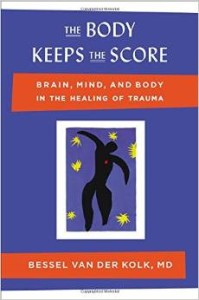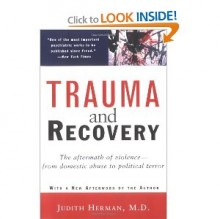 ‘Between 1986 and 2003, I served as the evaluator of an innovative approach to the treatment of addicted women with histories of neglect or abuse of their children. Project SAFE eventually expanded from four pilot sites to more than 20 Illinois communities using a model that integrated addiction treatment, child welfare, mental health, and domestic violence services. This project garnered considerable professional and public attention, including being profiled within Bill Moyers’ PBS documentary, Moyers on Addiction: Close to Home.
‘Between 1986 and 2003, I served as the evaluator of an innovative approach to the treatment of addicted women with histories of neglect or abuse of their children. Project SAFE eventually expanded from four pilot sites to more than 20 Illinois communities using a model that integrated addiction treatment, child welfare, mental health, and domestic violence services. This project garnered considerable professional and public attention, including being profiled within Bill Moyers’ PBS documentary, Moyers on Addiction: Close to Home.
My subsequent writings on recovery management and recovery-oriented systems of care were profoundly influenced by the more than 15 years I spent interviewing the women served by Project SAFE and the Project SAFE outreach workers, therapists, parenting trainers, and child protection case workers. This blog offers a few reflections on what was learned within this project about the role of trauma in addiction and addiction recovery.










